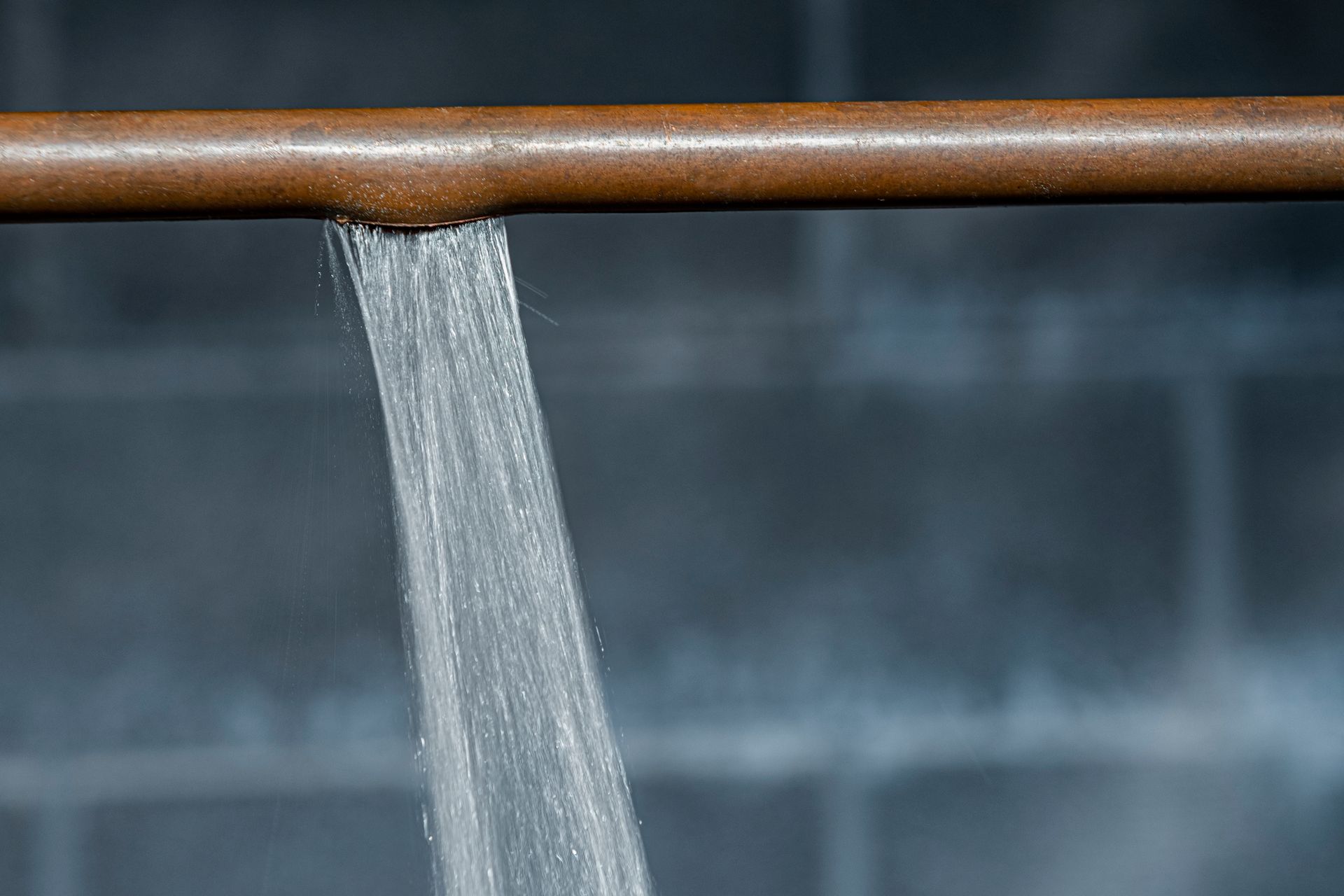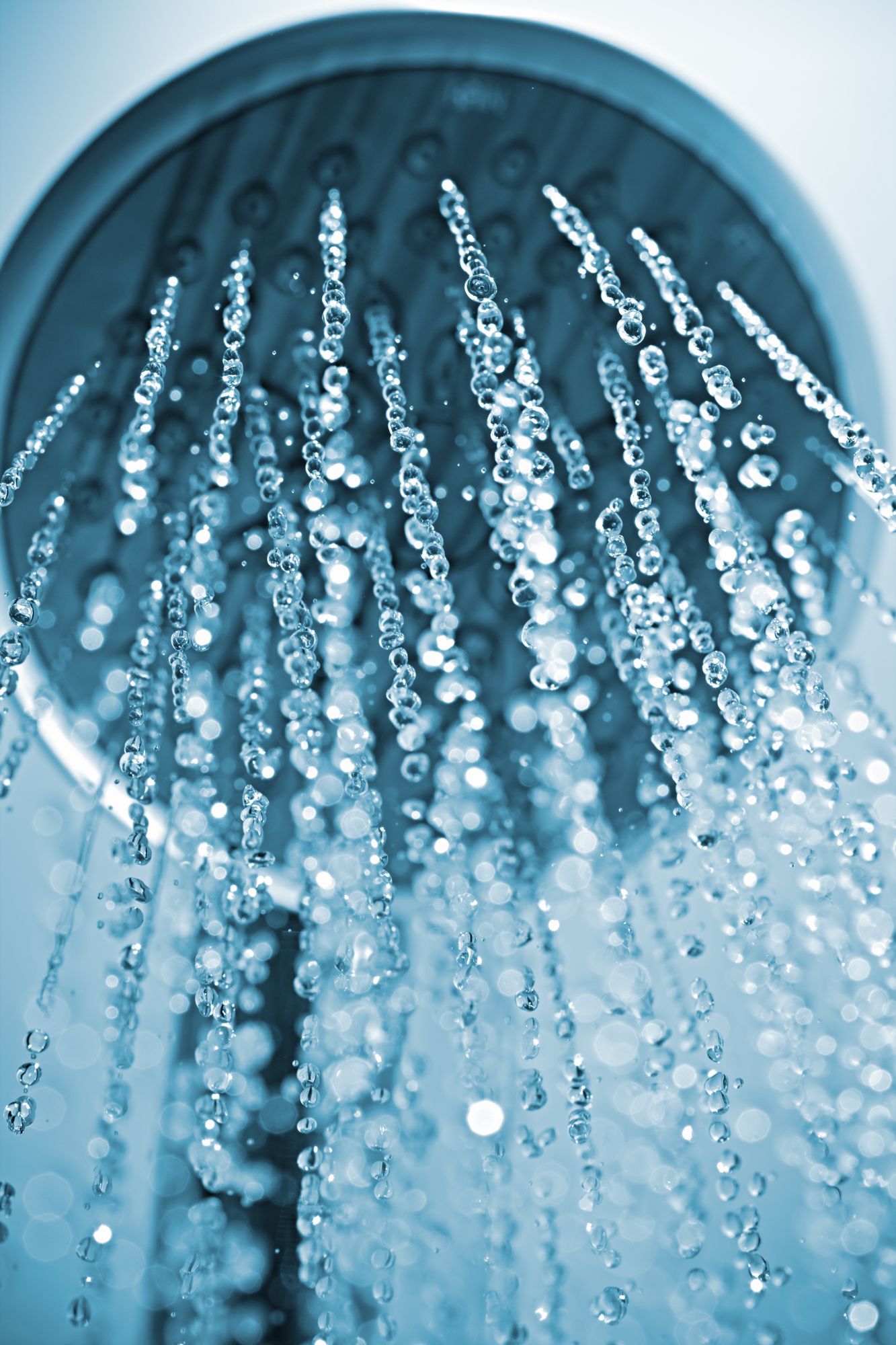6 Common Substances That Cause Sink Clogs

Clogged sinks are a common household plumbing issue. In many cases, these obstructions seem to appear virtually overnight with no readily apparent cause. The seemingly sudden appearance of sink clogs is due to the fact that many blockages happen over time as certain substances stick to the sides or bends of your pips and begin to block normal water flow. Eventually, the ball of gunk becomes large enough that your sink drains slowly or not at all.
Understanding how these clogs form can help you prevent the inconvenience and potential damage of sink drainage issues and backups. In this blog, we list six of the most common substances that cause residential sink clogs.
1. Chemicals
Many homeowners assume that their sink drains are a safe way to dispose of household solvents and other chemicals. However, these items can contribute to clogs or, alternatively, cause corrosion of the pipes.
These chemicals include nail polish remover, turpentine, liquid medication like cough syrup, bleach, furniture polish, paint, antifreeze, and glass cleaner. Dispose of these items by pouring them into a container or plastic bag and putting them in your trash or taking controlled substances to an appropriate facility.
2. Fabric Scraps
You may scoff at the idea of putting fabric scraps into your drains. However, as washcloths, beauty applicators, and kitchen sponges are used, small scraps of fabric or foam can separate and fall into the drain. These incidents are more likely to become an issue if you have open sink drains with no cover to catch large foreign objects.
These fabric scraps can quickly bulk up smaller obstructions. Dispose of old rags and sponges as appropriate and use these items conscientiously.
3. Grease and Oil
Any item that would stick to your skin or sink itself will also stick to the inside of your pipes. All forms of grease and oil are major contributors to sink clogs. One of the most common issues with grease in your pipes is that hot water liquefies oily liquids, but when the substances cool they harden and block the pipe.
This rule applies to all food grease and synthetic oils like motor oil and hair treatments. Dispose of these items the same way as household chemicals rather than pouring them down your drain.
4. Hair
Strands of hair often slip down drains and tangle with existing buildup to create larger clogs. While this issue tends to be more prevalent in showers and tubs, your bathroom sink can also be particularly vulnerable while you style your hair in front of the mirror.
If you have long hair or are prone to hair loss, consider covering your sink drain during your daily routines.
5. Non-Degradable Food
In addition to food grease, any non-degradable food can cause obstructions in your sink drains. In this context, non-degradable foods include any food that your disposal cannot entirely grind up, not just foods that are traditionally not biodegradable.
Some of the most common culprits of food-related sink clogs include eggshells, uncooked pasta or grains, high-fiber foods, and large chunks of any hard items like nuts. Additionally, you should not allow any pills to fall into your sink drains as these small objects are the perfect size to join partially formed clogs.
You can read about the issue of washing non-degradable items in your disposal in more detail in our previous blog, “ Don’t Turn Your Sink Into a Trash Can: Be Kind to Your Disposal .”
6. Soap Residue
As you wash at your sink, soap residue slips down your drain and sticks to the sides of your pipes along with skin flakes. Like chemicals and oily liquids, soap residue bulks up clogs easily.
You can reduce the sticking power of soap residue by always using hot water when washing up, scheduling regular drain cleaning, and installing a water softener if you notice that your soap doesn’t lather.
Minimize how much of the substances listed above goes down your sink drains over time. Conscientious use of your sink during daily beauty, hygiene, and cleaning routines can significantly reduce the risk of future clogs.
If you notice a sink clog, call a plumber as soon as possible . Because many of these clogs occur due to large amounts of buildup, you want a plumber to remove the entire obstruction. DIY solutions tend to leave portions of the buildup behind and certain ill-conceived remedies like chemical drain cleaners can endanger your health and pipes.
Call (630) 964-2222 for comprehensive plumbing services, from routine drain cleaning to emergency visits, trust the experienced team at Jim Dhamer Plumbing and Sewer, Inc.
The post 6 Common Substances That Cause Sink Clogs appeared first on .
Leave A Reply
More Posts









